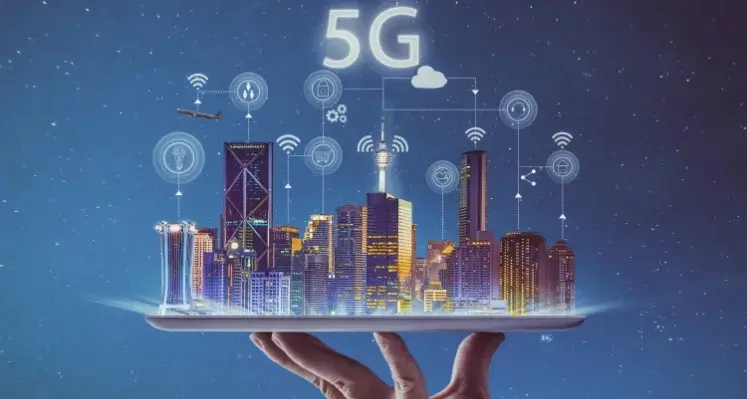Nokia has released the latest edition of its Mobile Broadband Index Report 2025, offering an in-depth look at the evolving mobile broadband ecosystem across the Middle East and Africa (MEA)
The report highlights the region’s accelerating transition towards 5G connectivity, projecting that by 2030, 5G will dominate a substantial share of mobile subscriptions and data traffic. It also emphasises how 5G investments are fueling digital innovation and driving economic growth across MEA.
According to Nokia’s new research, by 2030, 82% of connections will operate on 4G or 5G networks, underscoring the shift towards data-driven usage as smartphones become more widely accessible. 5G is also emerging as a vital enabler for IoT, smart cities, and enterprise solutions. Its growing adoption stems from increased operator investments and government-led digital transformation programs, positioning it as a cornerstone of future connectivity. By 2030, MEA’s 5G subscriptions are projected to reach 605 million, with 53% of total data traffic generated by 5G. In the Gulf Cooperation Council (GCC), 91% of subscriptions are expected to be on 5G, the highest proportion in the region.
The report also reveals the rapid expansion of 5G Fixed Wireless Access (FWA), with its market share expected to rise from 15% in 2023 to 35% by 2030. This marks a major shift towards advanced fixed wireless solutions, driven by the growing maturity of 5G networks across MEA. These networks provide the infrastructure necessary to deliver high-speed broadband to homes and businesses without relying on traditional wired connections. The uptake of 5G FWA offers faster deployment and reduced infrastructure costs compared to fiber, making it a compelling solution for expanding internet access and improving regional connectivity.
“Significant investments in 5G technology are being made by operators in the MEA region, which will serve as the engine to enable IoT, smart cities, and enterprise solutions. These advancements are expected to drive transformative use cases such as autonomous transportation, smart agriculture, and advanced healthcare services powered by real-time data analytics. Additionally, the integration of 5G with edge computing and AI will unlock new opportunities for industries to optimise operations, enhance productivity, and deliver innovative customer experiences,” said Mikko Lavanti, senior vice-president, mobile networks, MEA, Nokia.






















